Why Some Brands Fail While Others Thrive

Successful brands don’t just sell products - they create experiences, build trust, and evolve with their customers. While some brands become global icons, others fade away because they fail to adapt, misread their audience, or struggle with their positioning.
Let’s explore three brands that built lasting success - and three that couldn’t keep up.
Brands That Got It Right
1. Airbnb – Making Travel Feel Personal
In the early 2000s, hotels dominated the travel industry. Then came Airbnb, offering travelers the opportunity to stay in unique homes while allowing homeowners to earn extra income. It wasn’t just about affordability - it was about feeling like a local.
Instead of competing directly with hotels, Airbnb focused on authentic experiences. Customers didn’t just book a room; they got a home, a neighborhood, and sometimes even a local guide. The brand’s success was built on trust (through reviews), flexibility, and an emotional connection to travel.
Lesson: People don’t just buy products; they buy experiences and emotions.
2. Amazon – The Customer-First Revolution
Amazon didn’t just build an online store - it built a customer-first empire. From personalized recommendations to one-click checkout and fast Prime shipping, every decision Amazon made revolved around convenience.
By continuously expanding into new categories, optimizing logistics, and prioritizing customer satisfaction, Amazon transformed from a bookseller into the world's largest e-commerce giant.
Lesson: Businesses that prioritize convenience and customer experience will always have an edge.
3. Dove – The Power of Authentic Marketing
For decades, the beauty industry pushed unattainable standards. Then, Dove changed the conversation. With its "Real Beauty" campaign, it featured everyday women instead of models, making customers feel represented and valued.
Dove didn’t just sell soap - it sold self-confidence and inclusivity. This emotional approach resonated with millions, leading to increased brand trust, customer loyalty, and global recognition.
Lesson: Customers connect with brands that make them feel seen, heard, and valued.
Brands That Got It Wrong
1. Tata Nano – The ‘Cheapest Car’ No One Wanted
Tata Nano was marketed as the world’s most affordable car, designed for India’s middle-class families. But instead of being seen as a smart, budget-friendly choice, it was labeled as a “poor man’s car.”
Customers don’t just buy products for utility - they buy status, aspiration, and self-expression. While the Nano was technically a good car, it failed because no one wanted to be associated with “cheapness.”
Lesson: Pricing matters, but perception matters more.
2. Kodak – The Brand That Ignored the Future
Kodak invented the digital camera but refused to embrace it, fearing it would hurt its film business. Instead of leading the digital revolution, it clung to outdated technology while competitors adapted.
By the time Kodak tried to catch up, brands like Canon and Sony had taken over the market. Kodak didn’t fail because of a bad product - it failed because it didn’t listen to changing customer needs.
Lesson: Businesses that refuse to adapt to customer behavior get left behind.
3. Blockbuster – The Giant That Laughed at Netflix
Blockbuster was once the king of movie rentals, with thousands of stores worldwide. When Netflix offered to partner with Blockbuster in the early 2000s, Blockbuster laughed them off, thinking customers would never prefer streaming over physical rentals.
By the time Blockbuster tried to launch its own streaming service, it was too late. Netflix had already changed the way people consumed entertainment, and Blockbuster went bankrupt in 2010.
Lesson: Never underestimate changing customer habits. What seems like a niche today can become the future tomorrow.
Key Insights
1. Branding is more than a product – Customers connect with stories, aspirations, and emotions.
2. Adapting to trends is non-negotiable – Kodak and Blockbuster failed because they didn’t evolve with their customers.
3. Positioning matters – The Tata Nano was affordable but failed because it wasn’t aspirational.
4. Authenticity builds loyalty – Dove’s campaign worked because it reflected real customer experiences.
5. Experience is everything – Amazon and Airbnb didn’t just sell products; they sold convenience and lifestyle.
Success isn’t just about selling - it’s about understanding what people truly want.
Which brands do you think got it right or wrong?
Tag: Brands Fail While
Comments
No comments yet. Be the first to comment!
Resents Articles

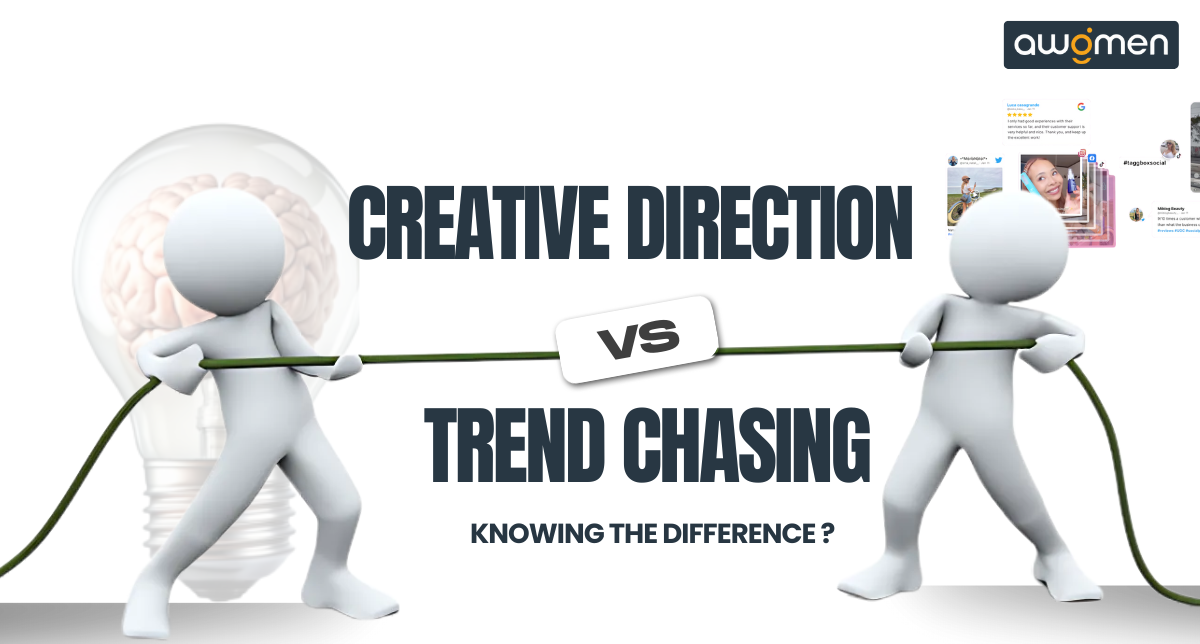

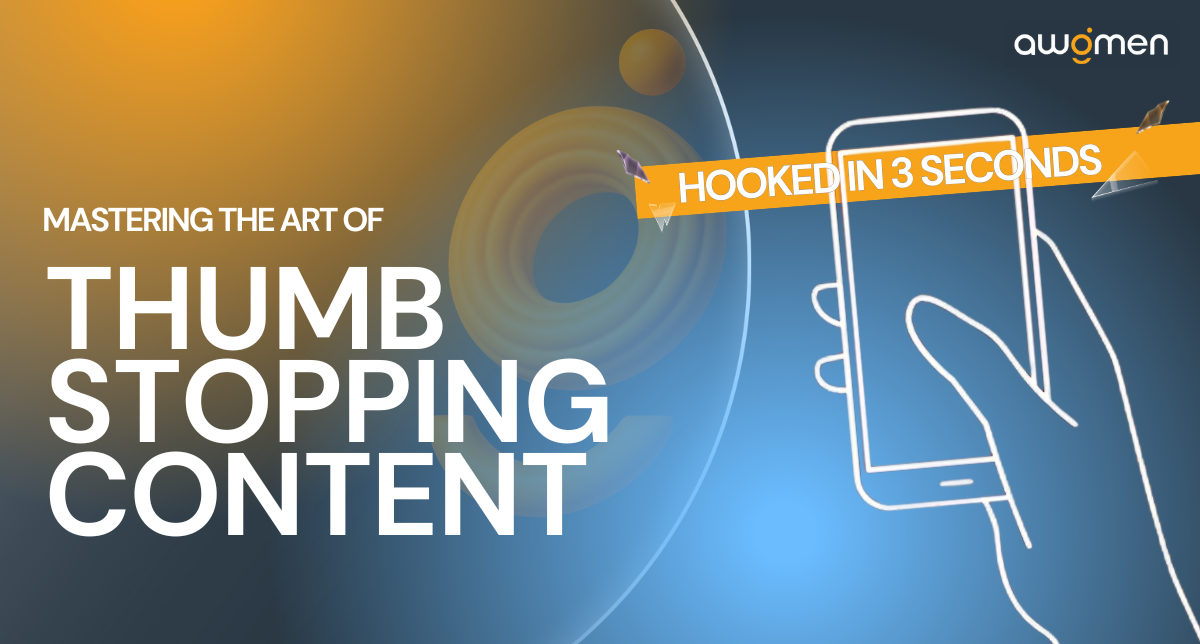
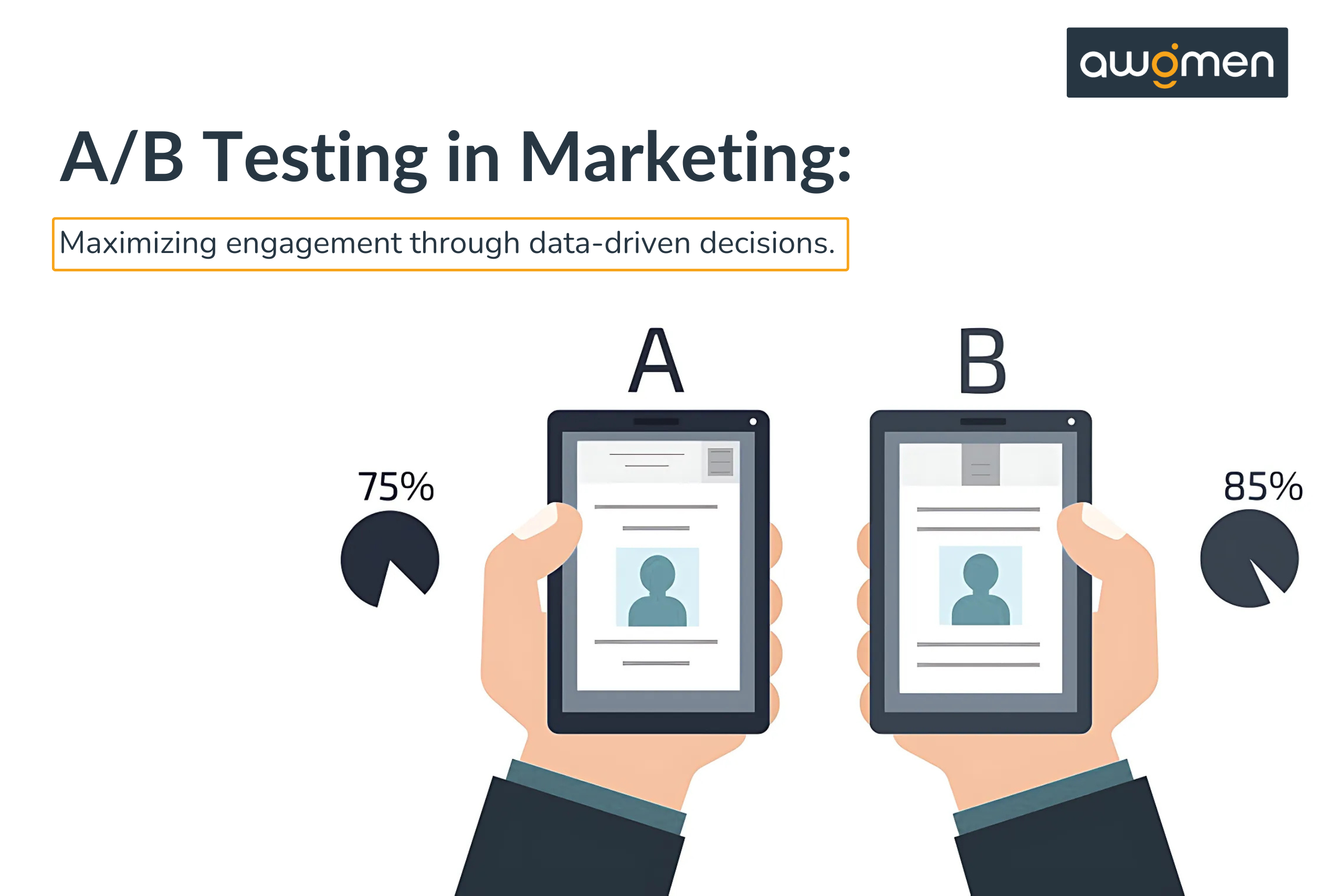

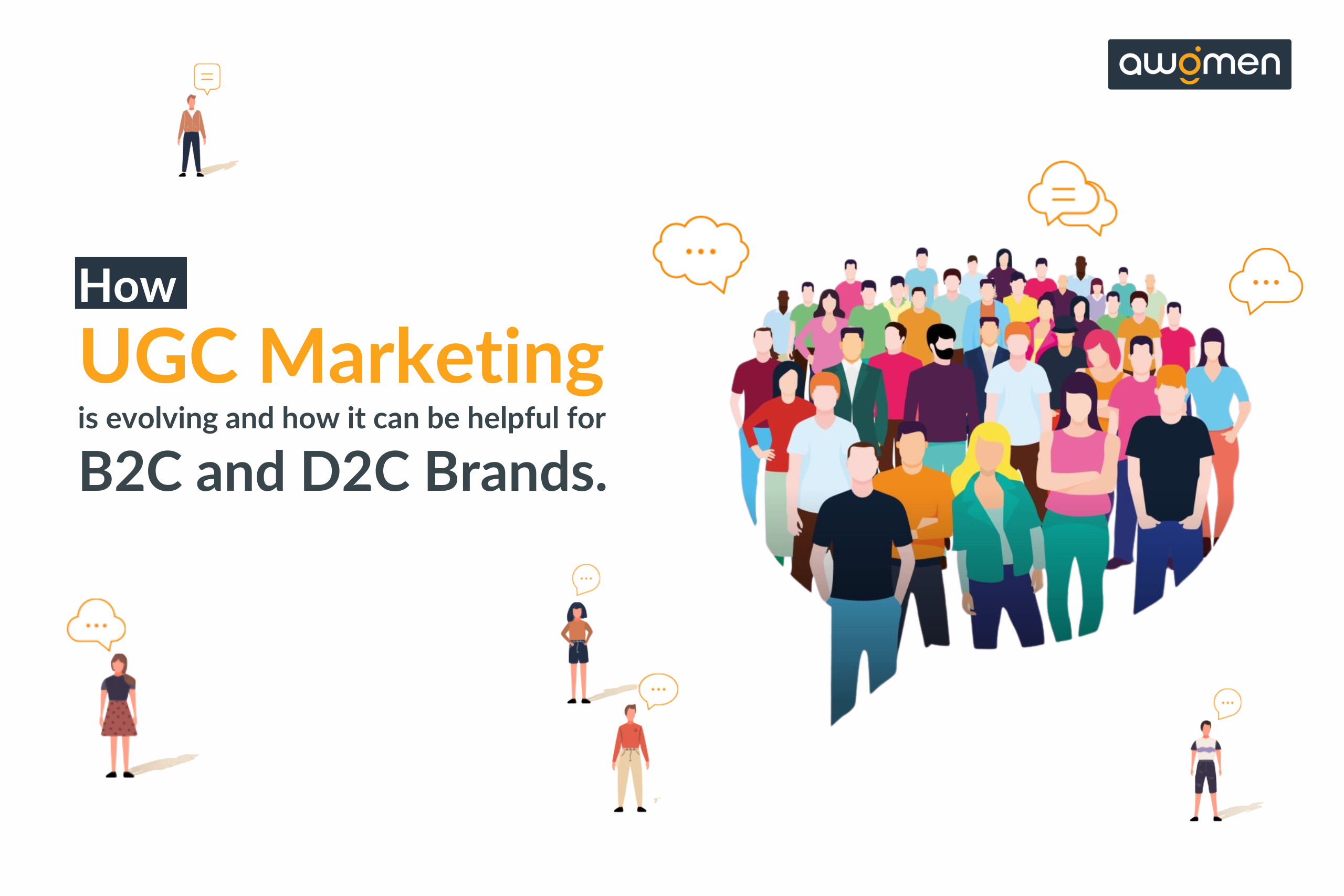

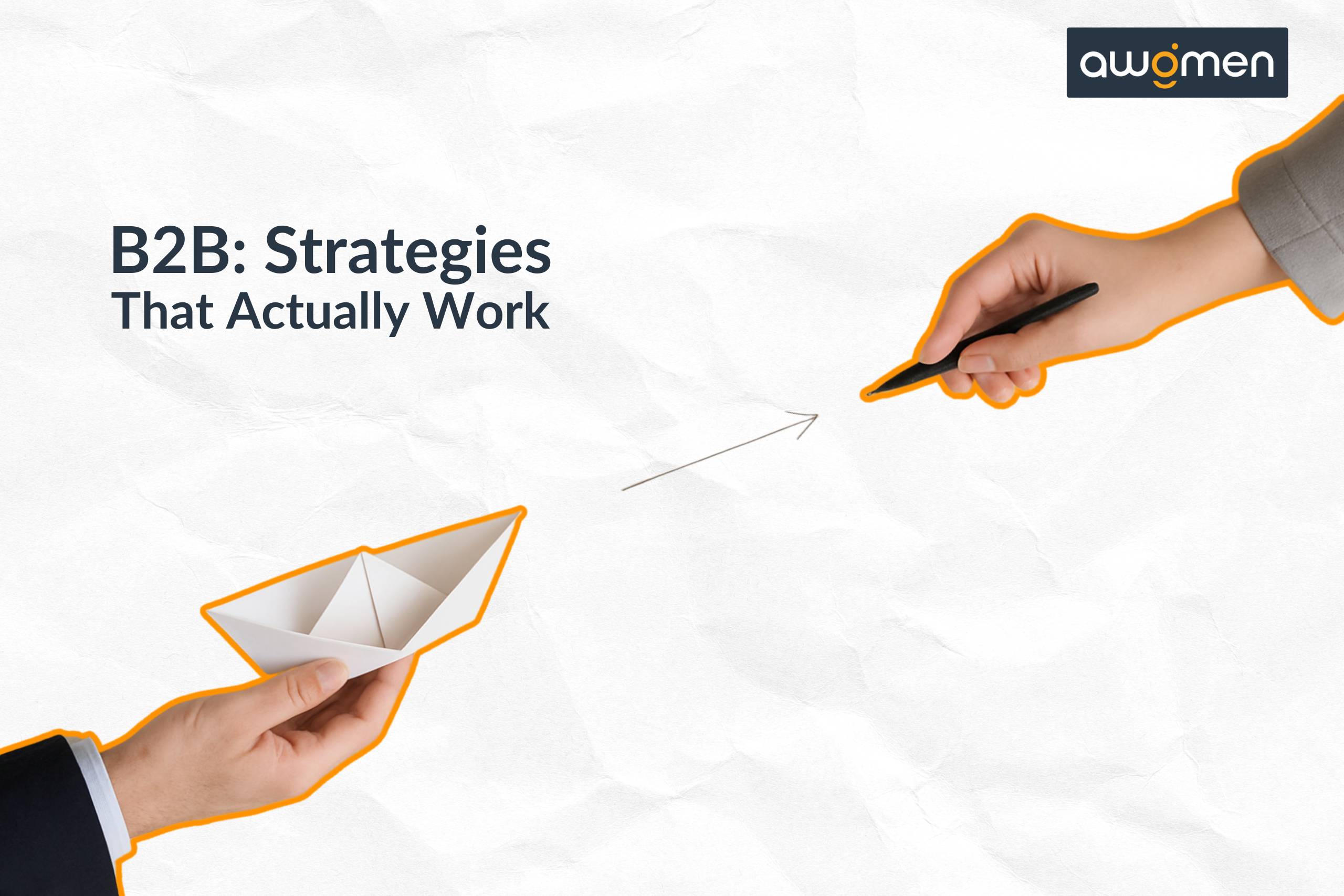

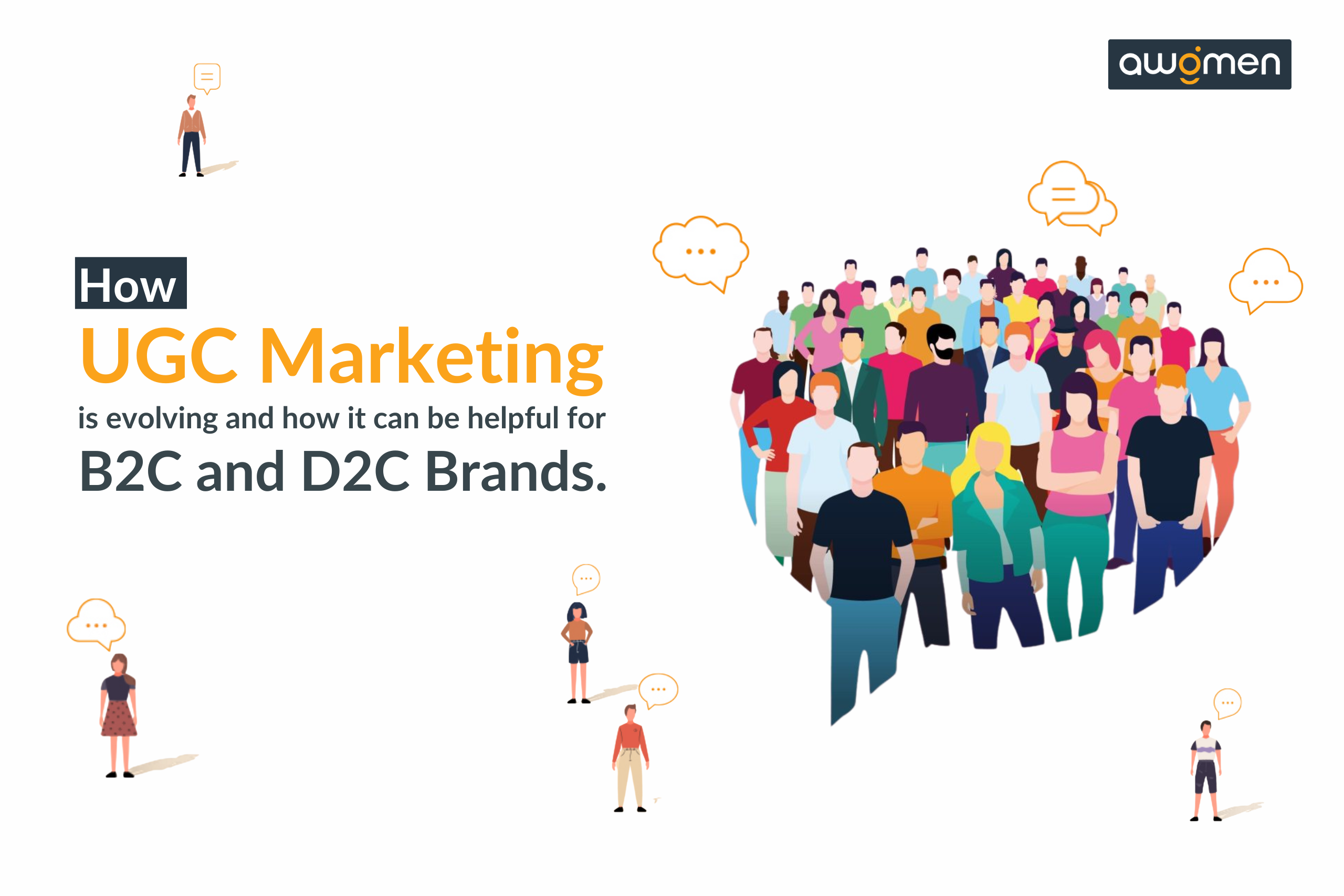
Leave a Comment